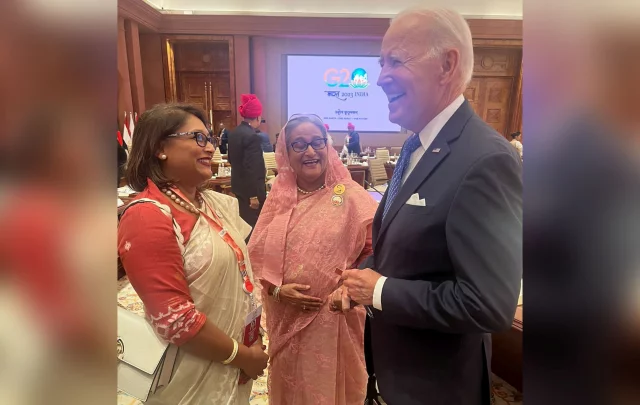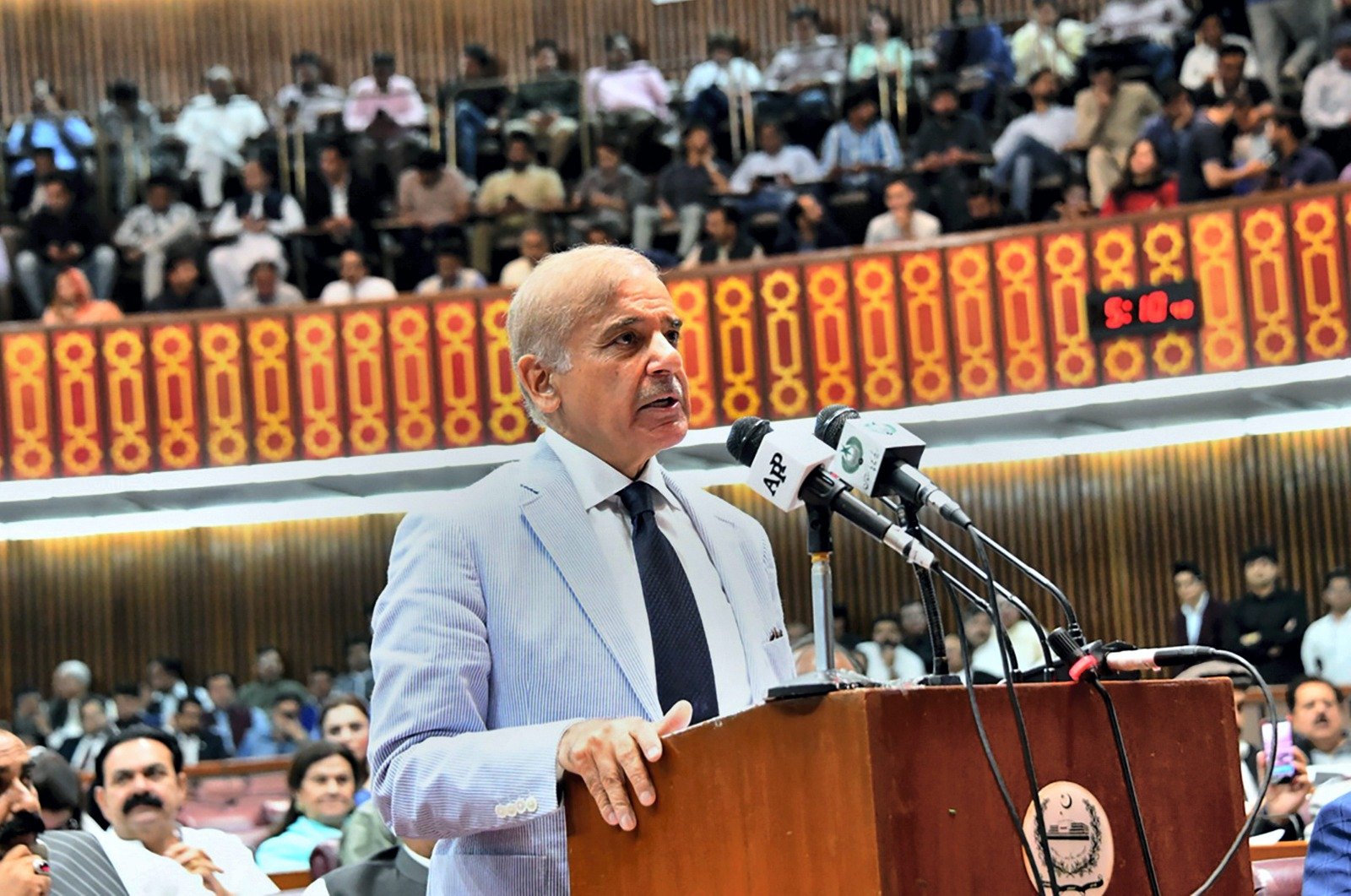US Denies Involvement in Sheikh Hasina’s Ouster Amid Rising Tensions in Bangladesh

The United States has strongly denied allegations of its involvement in the recent ouster of former Bangladesh Prime Minister Sheikh Hasina, who fled the country after stepping down in the wake of deadly protests.
White House Responds to Allegations
In response to reports suggesting U.S. involvement, White House spokesperson Karine Jean-Pierre categorically dismissed the claims during a press briefing. “We have had no involvement at all. Any reports or rumors that the U.S. government was involved in these events is simply false,” Jean-Pierre said, according to Reuters.
Accusations of U.S. Interest in Strategic Island
Earlier, Sheikh Hasina allegedly accused the United States of playing a role in her removal, citing American interest in controlling Bangladesh’s Saint Martin Island in the Bay of Bengal. These accusations were reportedly communicated through her close associates, as mentioned in a report by the Economic Times. However, Hasina’s son, Sajeeb Wazed, took to social media platform X to deny that his mother ever made such claims.
U.S. Stance on Bangladesh’s Political Future
Jean-Pierre reiterated the U.S. position, stating, “We believe that the Bangladeshi people should determine the future of the Bangladeshi government and that’s where we stand.” This statement underscores the U.S. commitment to allowing Bangladesh’s internal matters to be resolved by its citizens, without external interference.
Formation of Interim Government
Following Hasina’s resignation, an interim government was established under the leadership of Nobel Peace laureate Dr. Muhammad Yunus. This interim administration is tasked with organizing and overseeing upcoming elections in the country, which has been engulfed by widespread demonstrations.
Unrest in Bangladesh
The unrest began with student protests against quotas that reserved a significant portion of government jobs for certain groups. These protests escalated into a broader campaign to remove Hasina from power. Despite winning a fourth consecutive term in January—an election boycotted by the opposition—the U.S. State Department had criticized the electoral process as neither free nor fair.
Hasina’s Departure to New Delhi
After resigning, Sheikh Hasina left Bangladesh for New Delhi, bringing an end to her 15-year uninterrupted rule over the country. Her departure marks a significant shift in Bangladesh’s political landscape as the nation grapples with ongoing turmoil and the prospect of new leadership.










